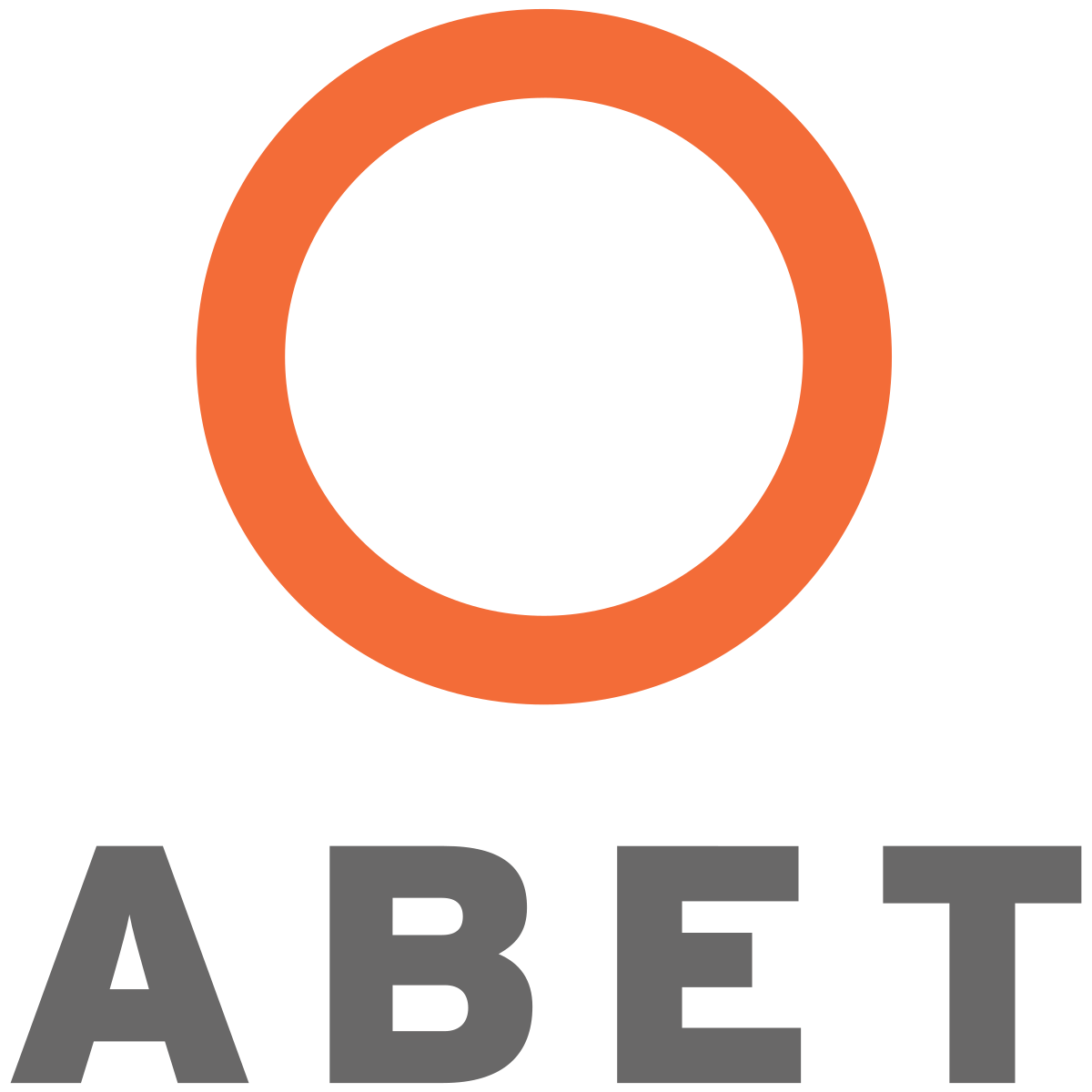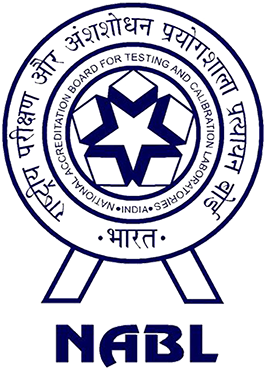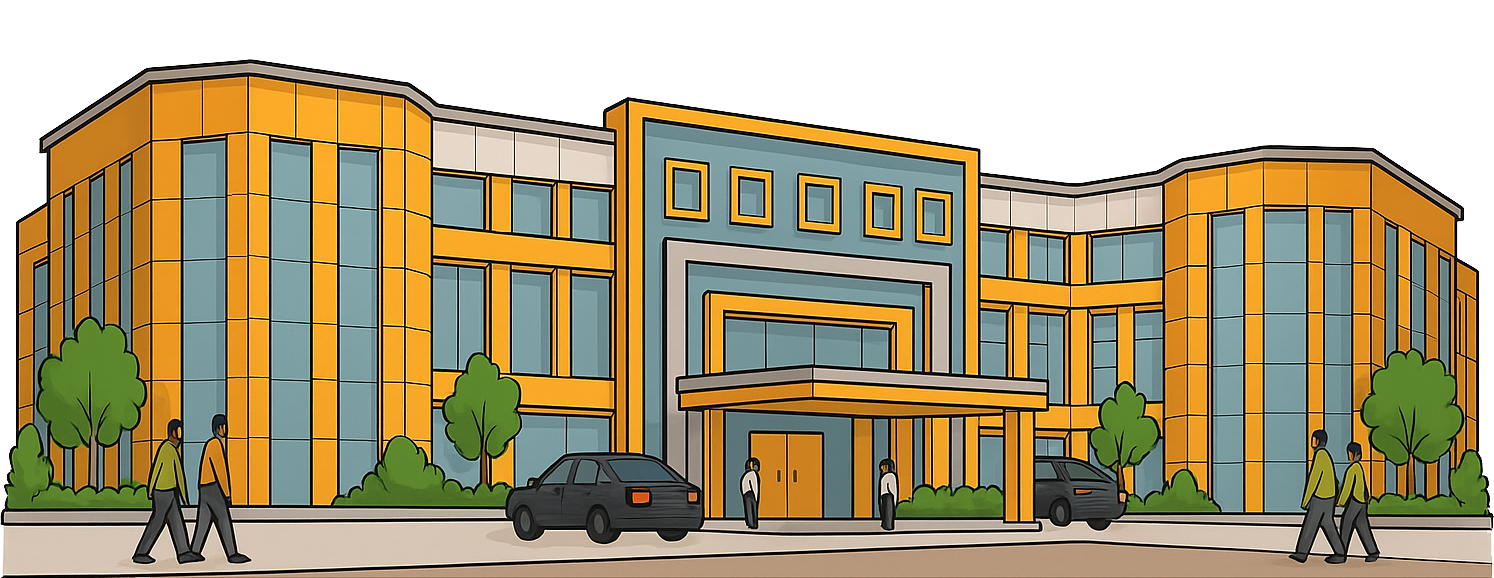
Infrastructure
Our Department of Cyber Forensics and Information Security is equipped with state-of-the-art infrastructure designed to provide a dynamic and immersive learning environment. Our specialized laboratories feature high-performance workstations, dedicated forensic toolkits, network security simulation platforms, and access to industry-standard software for malware analysis, penetration testing, and digital evidence recovery. We maintain a robust, secure network environment for practical exercises and research, ensuring students gain hands-on experience with the latest technologies and methodologies crucial for both defensive cybersecurity and cybercrime investigation.
Our state-of-the-art Cyber Forensics Lab is the cornerstone of practical learning and research in the Department of Cyber Forensics and Information Security. This specialized facility is meticulously designed to mirror real-world investigative environments, providing students with hands-on experience in a forensically sound setting.
The lab is equipped with high-performance workstations featuring robust specifications to handle intensive data analysis. Students have access to a comprehensive suite of industry-standard commercial and open-source forensic tools, including but not limited to EnCase, FTK Imager, Autopsy, The Sleuth Kit (TSK), Wireshark, and Kali Linux, enabling them to perform deep dives into digital evidence.
Key features of our Cyber Forensics Lab include:
- Isolated Forensic Workstations: Each workstation operates in an isolated environment, ensuring the integrity and non-alteration of digital evidence during analysis.
- Write Blockers: Essential hardware write blockers are integral to every system, preventing any accidental modification of original evidence drives, adhering strictly to forensic best practices.
- Specialized Hardware: The lab houses a range of specialized hardware, including drive duplicators, mobile forensics tools (e.g., for data extraction from smartphones), and forensic imaging devices, allowing for comprehensive acquisition from diverse digital media.
- Virtualized Environments: Students utilize virtual machines and sandboxes to safely analyze malware, test vulnerabilities, and conduct live forensics without compromising the lab’s infrastructure.
- Evidence Handling & Storage: Protocols and secure storage solutions are in place for the proper intake, preservation, and chain of custody of digital evidence, simulating professional forensic lab operations.









